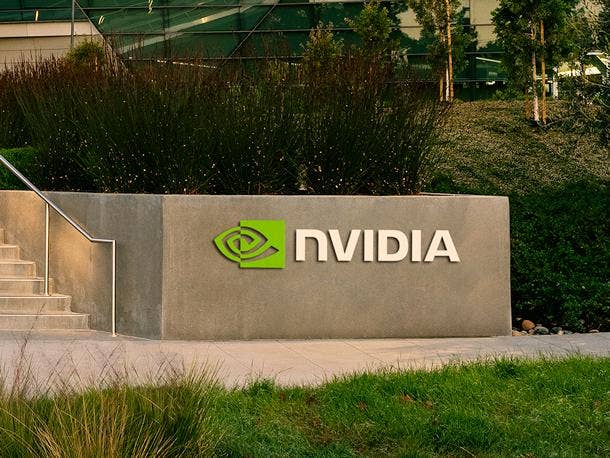Nvidia Makes HPC Play With Bright Computing Acquisition
‘The timing was right. In order for Bright Computing to grow, it needed somebody bigger to back them. And we both saw the opportunity to come together because people are always asking why Nvidia doesn’t have its own HPC management software,’ says Charlie Boyle, Nvidia’s vice president and general manager for DGX systems.

Nvidia is placing a big stake in the high-performance computing market with the acquisition of Bright Computing, a developer of software for managing HPC systems for over 700 organizations worldwide.
The deal, the terms of which were not disclosed, brings Nvidia together with a company that has been a strong software partner for years, said Charlie Boyle, vice president and general manager for DGX systems at Santa Clara, Calif.-based Nvidia.
With the acquisition, Bright Computing gets the scale it needs to grow while Nvidia gets an answer to a commonly asked question, Boyle told CRN.
[Related: Nvidia’s 6 Biggest Announcements At CES 2022]
“The timing was right,” he said. “In order for Bright Computing to grow, it needed somebody bigger to back them. And we both saw the opportunity to come together because people are always asking why Nvidia doesn’t have its own HPC management software.”
A lot of Bright Computing’s existing business comes from organizations with large-scale HPC clusters, Boyle said. However, there is a growing need for HPC technology in the wider enterprise market, he said.
“Anyone who does HPC knows Bright Computing,” he said. “But the real opportunity is to get to the larger enterprise market, which Jensen [Huang, Nvidia CEO] calls ‘industrial HPC.’ To get into those markets, Bright Computing needed a larger company to help.”
Nvidia will bring Bright Computing to more customers, Boyle said.
“Before, we could recommend Bright Computing as a product,” he said. “Now it’s a part of Nvidia. Enterprise customers have the need. AI applications are not available off the shelf. It needs lots of systems that work together. It had a great product, but it’s limiting factor for success is that it was still small.”
The Bright Computing platform supports a wide range of systems, including accelerated systems, nearly all of which are Nvidia-based, as well as non-accelerated systems, Boyle said. For that reason, Nvidia plans to continue Bright Computing’s existing development and technology partner relationships, he said.
“Certain parts of AI don’t need GPUs,” he said. “So it’s beneficial to us to keep all of Bright Computing’s business. Most customers have a mix of systems to get the job done. But the reality is the OEMs that clients use are also Nvidia partners. And the Dells and Hewlett Packard Enterprises of the world also make Nvidia-based systems.”
Nvidia’s acquisition of Bright Computing closed Monday.